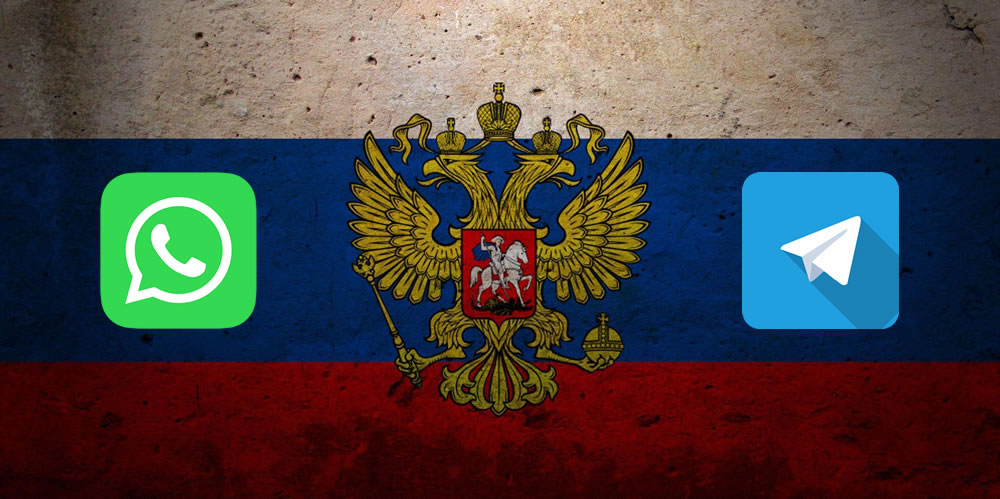Russia has ramped up its drive to reduce dependency on foreign technologies by imposing new constraints on WhatsApp and Telegram calls. Law enforcement officials claim that the restriction is necessary to stop intensified criminal activity perpetrated using these messaging apps. Russian authorities maintain that their enforcement is hindered by the encrypted nature of these communication tools, as in many cases, their activities remain beyond local entities' jurisdiction. However, the government maintains that the partial blockade is aimed only at blocking voice calls and does not impair the usage of any other features of the apps. The decision finds conception in the digital sovereignty strategy of Moscow, aiming to restrict foreign influence on the nation's internet ecosystem.

Government Claims Apps Are Linked to Fraud and Scams
Russian regulators state that Telegram and WhatsApp have become the main channels through which criminals deceive citizens and carry out extortion schemes. Despite repeated requests, the platforms’ owners have allegedly failed to implement adequate countermeasures against such misuse. In contrast, Russia is developing its state-backed messaging service, which will mirror the functionality of these apps while remaining under local supervision. This new system, authorized by President Vladimir Putin in June, will integrate with government services and provide what officials describe as “enhanced functionality” for domestic users. By limiting the capabilities of global messaging leaders, the government hopes to redirect users toward this homegrown alternative, ensuring closer oversight and more effective law enforcement.
Part of a Wider Dispute Over Internet Control
This move does not stand alone but belongs to an extended fight between Russia and foreign technology platforms. For many years, content moderation and data storage have proved to be friction points between Russia and foreign entities, and this has grown worse ever since Moscow's invasion of Ukraine in 2022. In contrast, critics argue that the restrictions have less to do with security and are meant to build state control over digital communications. Hence, in comparison with how other countries have reacted to encrypted communication, such as the United Kingdom, Russia is heeding such strong measures to dissuade users from going to these services. These changes can be viewed foremost as a huge stride toward digital sovereignty by Russia, a direction that shall never cease to potentially reshape Russia's online landscape in the years to come.































